SGGP
According toeducation experts, private universities are currently caught in the “vortex” of more than 10 years ago: racing to open new majors, increasing enrollment quotas, and lacking attention to reinvesting in facilities and improving training quality. With this situation, the inevitable consequence will be that the “human product” – graduates – will not meet the demand for high-quality human resources in society.
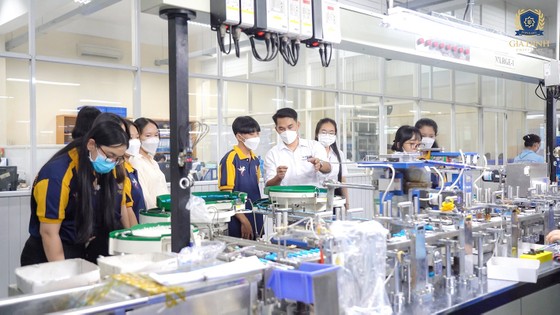 |
| Gia Dinh University students in a practical class |
Still "living off others"
Despite high revenue and being managed by large corporations, businesses or those that have been established for many years, many private universities still cannot escape the situation of renting, "living off others" to train students.
Typically, Gia Dinh University was established in 2007, but until now, its facilities are still rented at 371 Nguyen Kiem Street, Ward 3, Go Vap District (HCMC) and 185-187 Hoang Van Thu Street, Ward 8, Phu Nhuan District, HCMC. Meanwhile, Hoa Sen University has completed its main campus in District 1 (HCMC), but currently still has to rent facilities in District 3 and District 12 (HCMC). Nguyen Tat Thanh University, although investing in building many facilities, still has to rent facilities in many places in District 7 and District 12. Or although it is called an international university, Hong Bang International University has to rent facilities at 120 Hoa Binh Street, Hoa Thanh Ward, Tan Phu District (HCMC)...
Renting facilities, many private universities have continuously opened new majors, increased enrollment, increased tuition fees, and increased revenue in recent years. This is difficult to explain!
After 2 years as principal of a private university in Ho Chi Minh City, a People's Teacher, Associate Professor, Doctor (name withheld) confided: "Having worked as principal of an autonomous public school, I thought I would be suitable for the open mechanism of a private school, but when I got the job, it was completely the opposite. When I was invited by the school, my salary was not less than 100 million VND/month, but I had to fulfill the assigned task of immediately opening many majors, increasing the quota (undergraduate, postgraduate) by at least 50% compared to the previous year. However, when I asked to recruit people, invest in facilities to ensure conditions for opening majors, and ensure training quality, they shook their heads. They told me that you just need to recruit and hire, there is no need to invest in people and facilities...".
So this principal used his prestige to advise on admissions, and the admissions results exceeded the target by nearly 100% compared to the previous year, with master's programs opening everywhere. And then when tuition fees increased, there were many students and trainees, and they had to study in rented places, the People's Teacher, Associate Professor, Doctor immediately received many messages of reproach from students, such as "I listened to your advice and registered for the school, but the tuition fees next year are higher than the previous year, and I cannot study at the main campus...". "I suddenly felt startled and thought that I was at fault for the students. Then I tried to recruit highly qualified people to improve the quality of training, but the board of directors still shook their heads. So I had to quit halfway, I couldn't keep going on forever," this teacher shared.
An Associate Professor and Doctor of Medicine and Pharmacy at the University of Medicine and Pharmacy in Ho Chi Minh City also confided: “Although I am retired, I still participate in postgraduate teaching for the school. I see that many schools are now opening health majors such as Medicine, Dentistry, Pharmacy, etc., but the teaching staff is not enough according to regulations. Many of my colleagues lend their documents to many schools to open majors or to have enough lecturers according to regulations of the Ministry of Education and Training. However, this is not as serious as the fact that many schools only buy a few machines, a few devices and leave them there and think that they are qualified to train in Medicine, Dentistry, Pharmacy, etc., then recruit students indiscriminately, charging tuition fees of hundreds of millions of VND/year. Health major students study to take care of the community's health, but I think this kind of training is not right.”
The suffering of learners
In the 2023 school year admission season, candidate D.TK (born in 2005) took the high school graduation exam with 8.4 points in Math, 9.25 points in Chemistry, and 9.75 points in Biology. K. passed her first choice of Medicine at Pham Ngoc Thach University of Medicine, but because the tuition fee was over 50 million VND/year, her family could not afford it. After that, she went to Nguyen Tat Thanh University and Hong Bang International University to learn more and planned to apply for the Medicine major. Although she was advised to receive a 100% scholarship for the first year, when she learned that the full course tuition fee ranged from over 600 million VND to over 1 billion VND, she did not dare to apply. Giving up her dream of becoming a doctor because the tuition fee was too high, D.TK had to register for the Chemical Engineering Technology major at Ho Chi Minh City University of Industry and Trade, with a tuition fee of about 22 million VND/year.
Meanwhile, student Đ.NM (Binh Tan District, Ho Chi Minh City) said that before, he registered to study Medicine at Tan Tao University with a tuition fee of 5,000 USD/year (more than 100 million VND/year); in the fourth year, the school increased the tuition fee to 7,000 USD/year (more than 140 million VND/year). Along with that, if he re-studied or re-examined (studying for credits, so if he failed the exam, he had to pay to re-study), the tuition fee would be very high. Due to the family's economic conditions, M. could not afford to continue studying, so he decided to transfer schools... After M. transferred schools, the school sued and demanded a refund of the scholarship money along with interest of more than 384 million VND. For nearly 2 years, M. had to both study and appear in court, and the case was closed when the court ruled that he won the lawsuit and did not have to refund the above amount.
Ms. VTH (Long An), whose child is studying Pharmacy at a private university in Ho Chi Minh City, confided: “In 2022, when enrolling, the school gave my child a 5 million VND scholarship for early enrollment and said the tuition fee was about 225 million VND/course (the annual tuition fee is nearly 45 million VND). However, this year the school increased the tuition fee to more than 49 million VND/year (an increase of about 10%). With this type of tuition increase, the tuition fee will be up to 65 million VND/year when my child is in the 5th year. The tuition fee has increased like this, but my child said that when he was studying for practical training, he was not allowed to study at the main campus but had to go from place to place, sometimes studying in District 4, sometimes studying at a hospital in Go Vap District. With the current difficult economic situation, if the school keeps increasing the tuition fee every year like this, my family will definitely have financial difficulties, and he may even drop out of school halfway... I am also worried that after graduating, the school's degree will be competitive with those of students majoring in Pharmacy at Ho Chi Minh City University of Medicine and Pharmacy or Pham Ngoc Thach University of Medicine.
Focus on increasing targets and tuition revenue
According to the World Bank report at the national workshop on "University autonomy in the process of fundamental and comprehensive innovation of higher education" held in April 2023, the revenue of public universities mainly comes from the budget and tuition fees. As for the private university system, the main source of revenue (nearly 100%) is entirely based on tuition fees. This is an abnormality that universities need to recognize, because the dependence on tuition fees and budget means focusing only on increasing targets and tuition fees, while other sources of revenue such as scientific research, technology transfer, cooperation, funding... are too low. This will also affect the quality of training, neglecting scientific research and community service.
Meanwhile, the credit policy for students in Vietnam (through the Bank for Social Policies) is not attractive, causing very few students to benefit.
Source








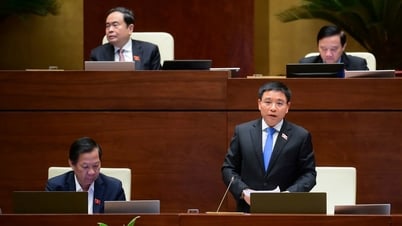

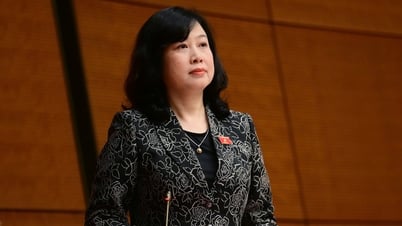

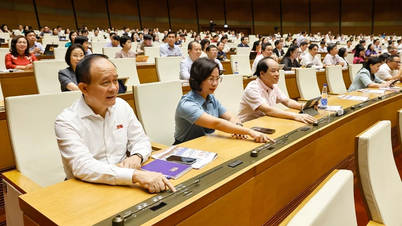












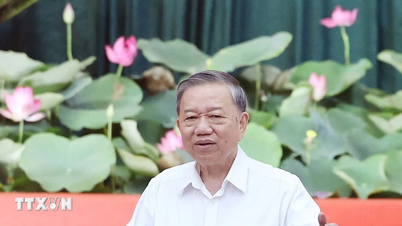
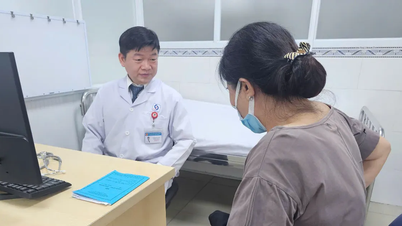

















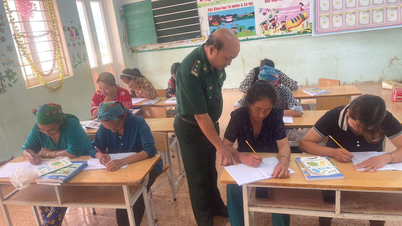








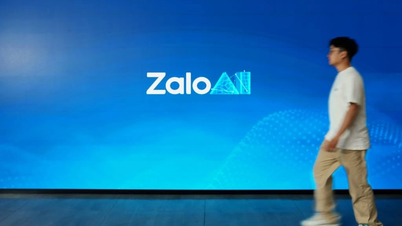


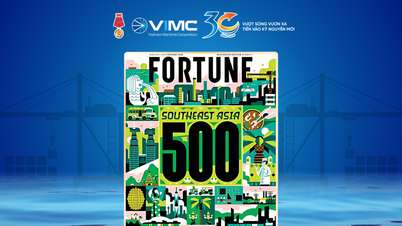


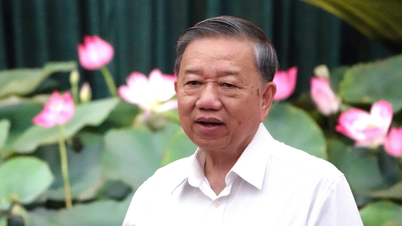

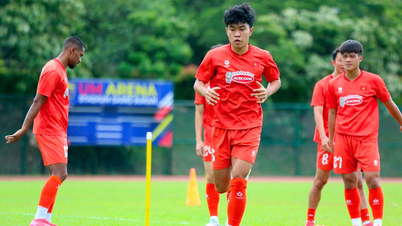



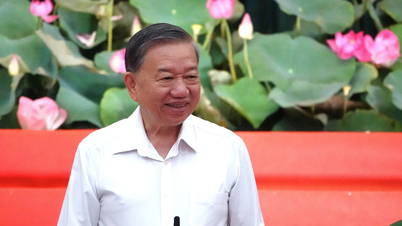





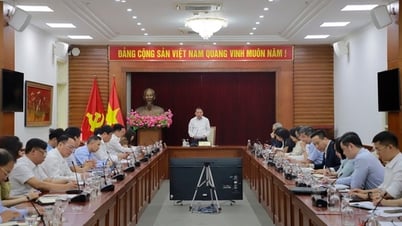





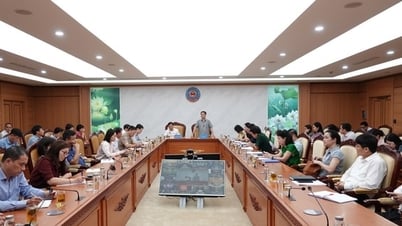


















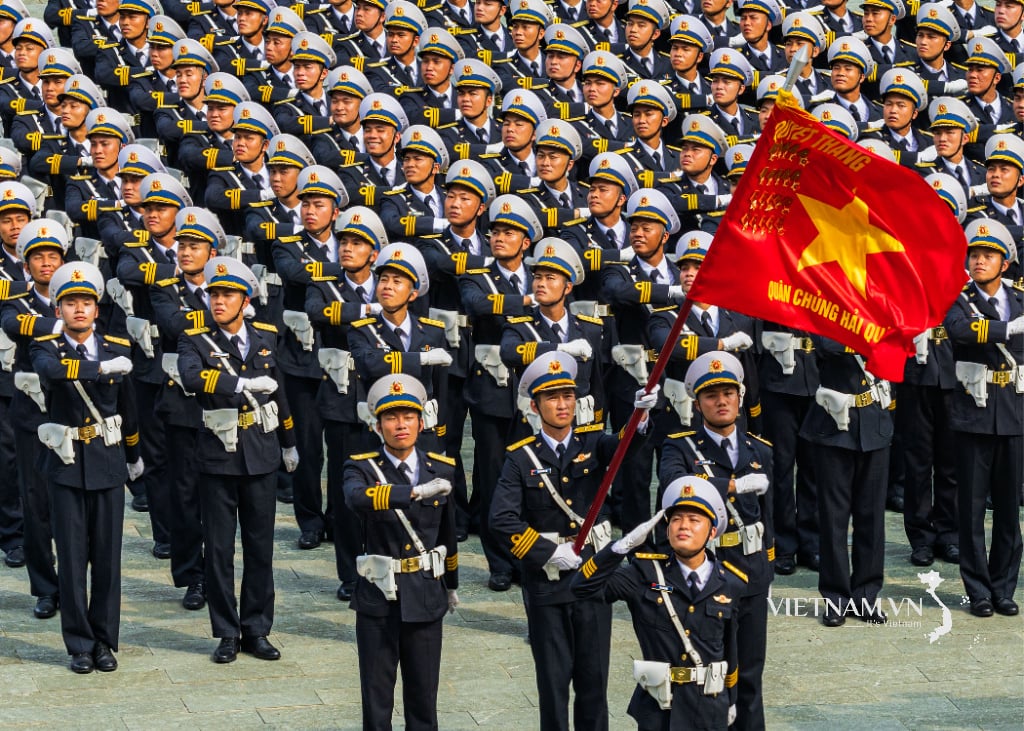


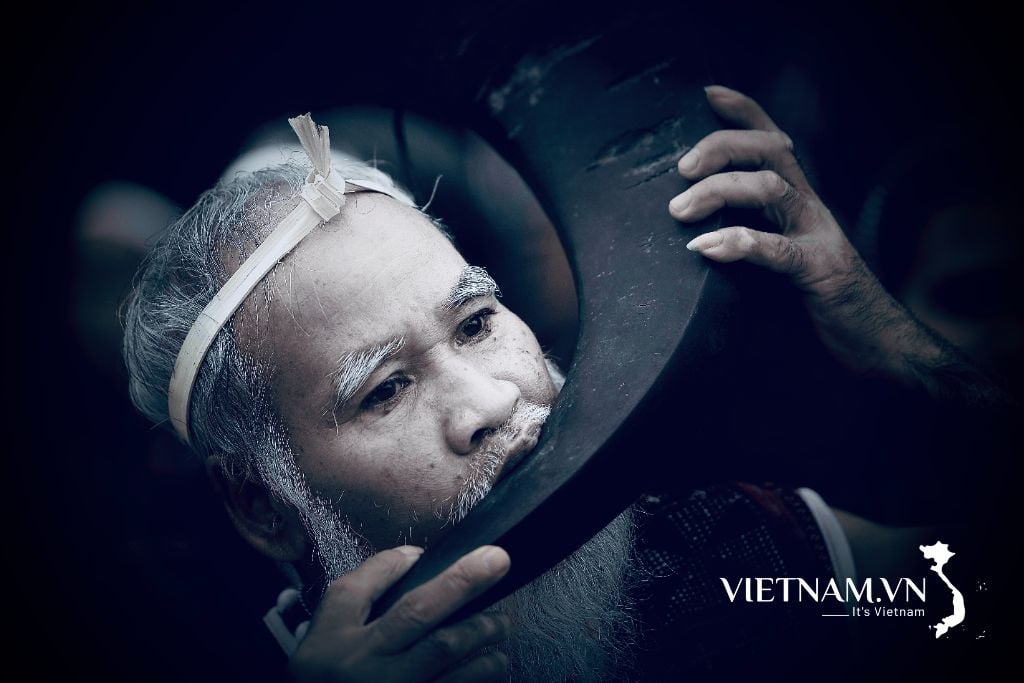
Comment (0)